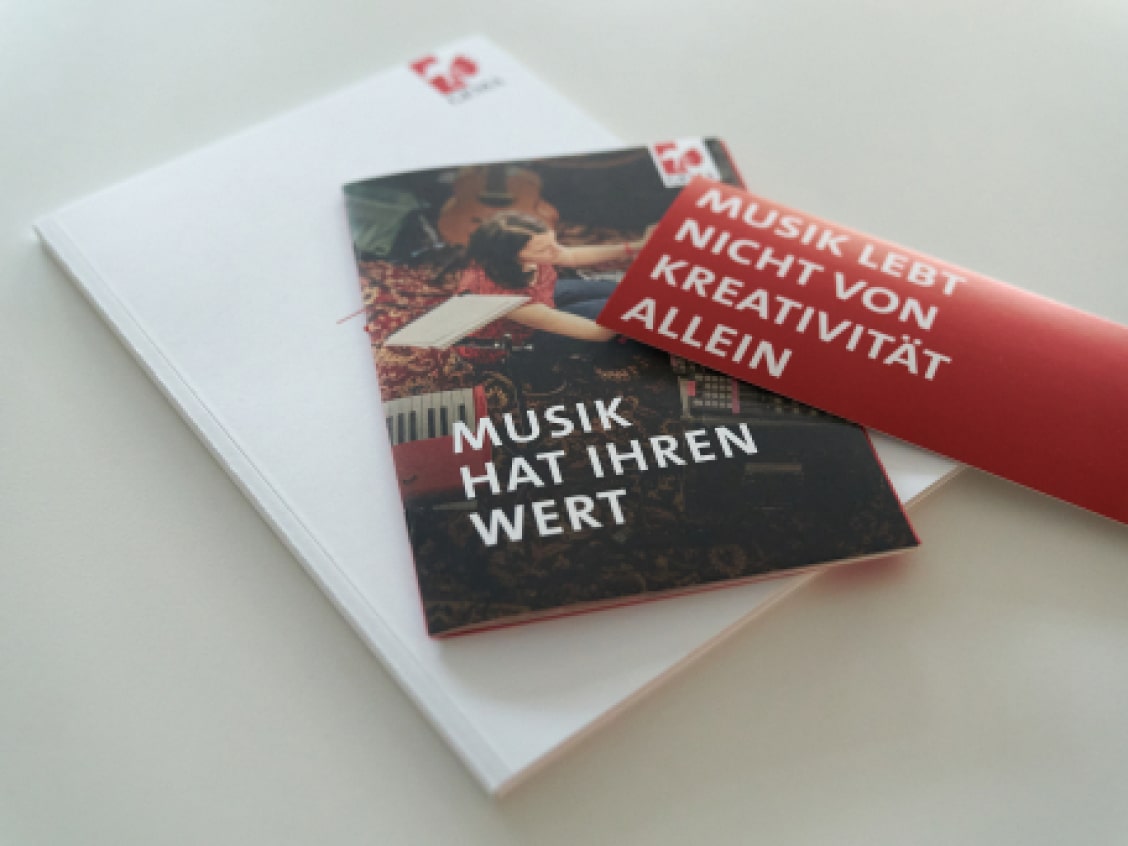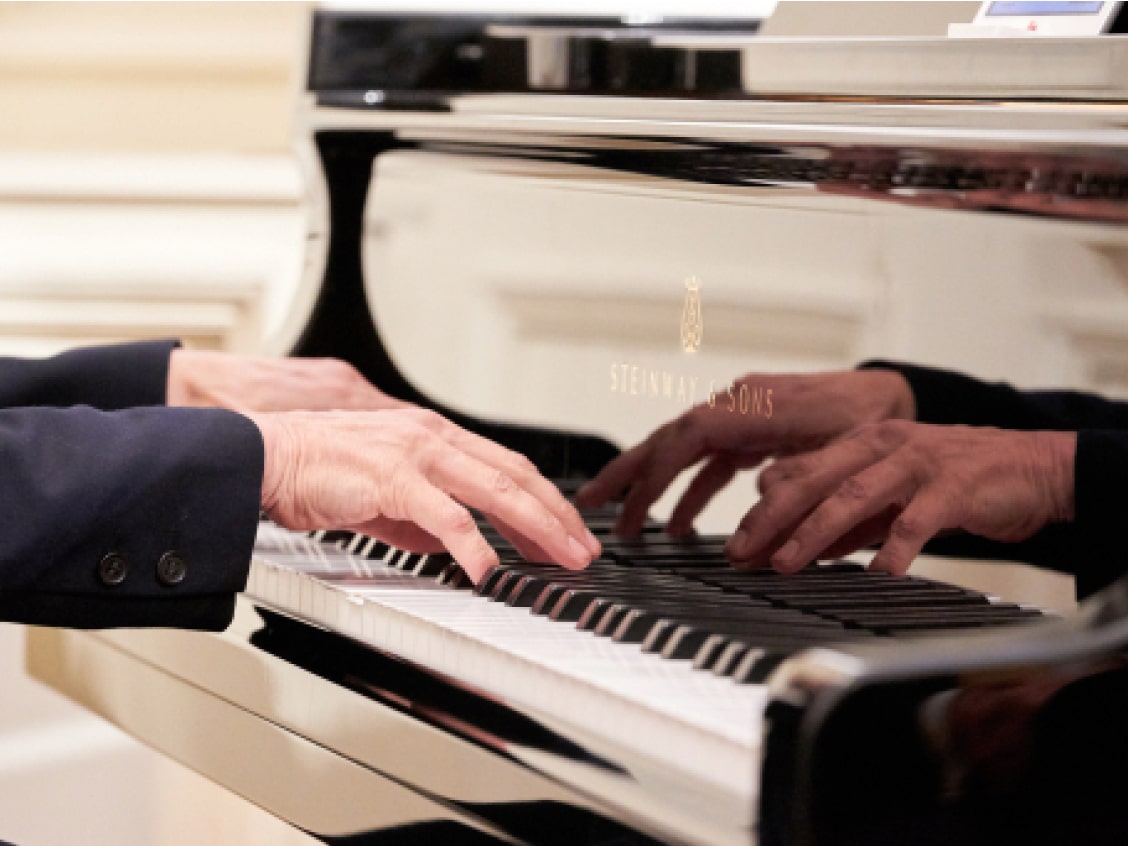What you need to know about the GEMA fees

How high are the GEMA fees?
The level of the GEMA fees depends on the type of music use. In retail, when playing background music in a shop with up to 200 sqm floor space, a fee of about EUR 25 (net) per month is due.
Use our price calculator to check the amount of your GEMA fees. You can also find out in which cases you need to pay a fee, when the fee is due and much more.
When do I have to pay GEMA fees?
You are using music and ask yourself, whether you have to pay GEMA fees and if so, how much. Here’s an initial pointer for you: You only have to pay a fee to us if you use the music in public. If you do, however listen to music privately e.g. at a birthday party, there will be no fee. But what’s public and what’s private? And what about weddings, club celebrations and company parties? We will answer all of these questions below.


Why do I have to pay a GEMA fee at all?
As a collective management organisation, we are totally non-profit making. We pay the collected revenue to the creators whose rights we represent. Minus the administration costs and the amounts set aside for social and cultural purposes.
When is a GEMA fee due?
Background music
Considered to be public is, e.g., background music in catering, retail or hotels, but also in indoor climbing facilities, swimming pools, at the doctor’s or other places which are in principle publicly accessible to all.
Events
Another important area are public events such as concerts, carnival, pageants, street parades, balls, dances, exhibitions, sporting events, readings, comedy or outdoor markets. An event is deemed to be public when people can attend that neither have a personal relationship with the event organiser nor have a relationship with each other. Personal invitations, such as those at a birthday party or a wedding, are therefore a sign of a non-public event. Flyers, posters, admission tickets or advertising on the web indicate a public event. Company parties and club celebrations are usually public because the participants are not personal friends or related i.e. they do not have (to have) a personal relationship with one another.
Music on the internet
There is also a fee for music on the web. Examples for this are webradios, podcasts, apps, e-mails, websites or GEMA member websites.
Music on sound recordings
If you capture music in physical form, you also need to pay a fee e.g. for audio (CD, vinyl), audio books and more.

How do I calculate the GEMA fees?
Music can be used in different ways. For example: as live music in discotheques, at concerts or church services. Or by means of sound recordings in pubs, practices or ballet schools. It is possible for many people to listen or just a few. There is a range of GEMA tariffs to satisfy these different criteria. Selecting your tariff and determining your GEMA fees is quick and easy. There are two ways to do this:
Do you want to calculate a GEMA fee? Just use the GEMA fee calculator to do so.
Are you looking for a GEMA price list or a GEMA fee table? In that case, our GEMA fee overview will help you with this.
What happens if I do not pay any fees to GEMA?
Whoever plays music in public without paying for it commits a criminal offence. Legally speaking, this is theft (from our members, the music creators). For this reason alone, we regularly check events and public venues. If you play music that you did not notify us of beforehand, you will have to pay in arrears. You also have to reckon with a surcharge. The financial additional expenses which arise should not be borne by our members or music users who pay their contributions correctly.


GEMA free music: When do I not have to pay GEMA fees?
You do not have to pay GEMA fees if you use music whose creators have been dead for at least 70 years. In this case, the music is royalty-free (also referred to as in the public domain or GEMA-free music). This applies, for example, to many works of baroque, classical or romantic music but also to old folk songs. GEMA-free music is also available on the internet. You can often download it free of charge, sometimes also against a fee. These pieces are, however, usually created by amateur musicians and their quality cannot be compared with the works of professional composers and lyricists that have to make a living with their work.
What do we mean by GEMA blanket agreement?
Organizations, larger clubs or associations can agree with us, GEMA, on a flat-rate remuneration if they use copyrighted music. The details of such an agreement, i.e. validity, scope of reporting obligations and the amount of the annual remuneration to be paid, are negotiated individually, but based on the applicable GEMA tariffs. The advantage: The individual events and music uses no longer have to be registered and approved with us in advance. As a rule, it is sufficient if the music use is reported afterwards.
